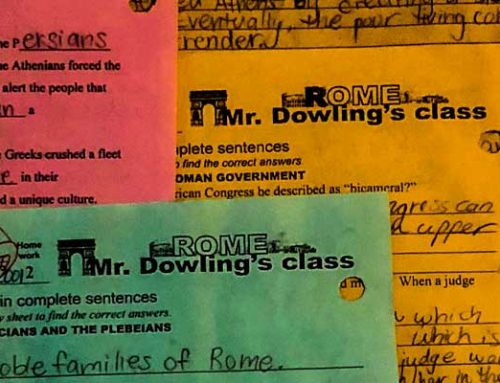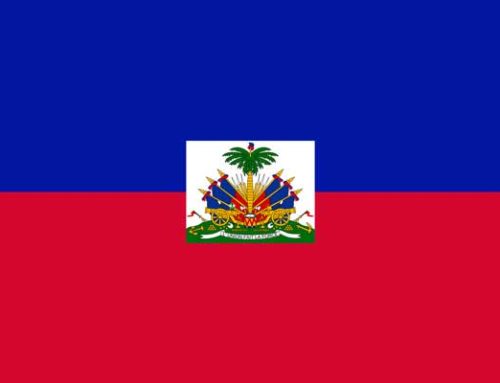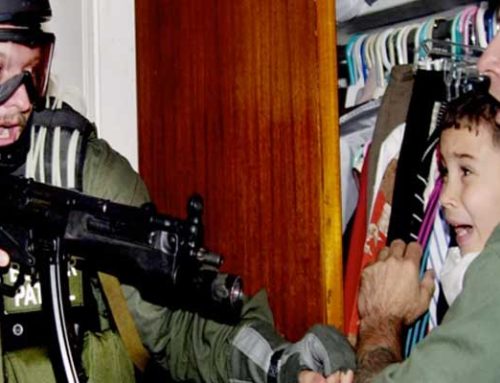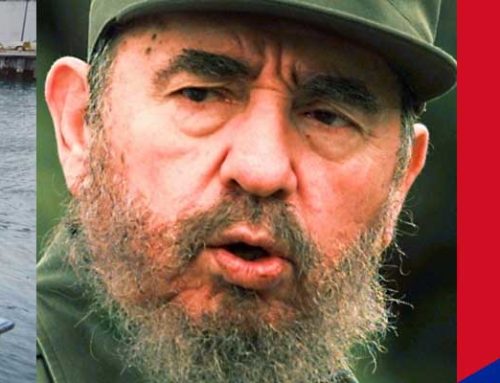Cuba is the largest island in the Caribbean. It was a Spanish colony until an 1898 war fought between the United States and Spain. The Spanish-American War originated in the Cuban struggle for independence but quickly grew into a conflict between two more powerful nations.
In the nineteenth century, many Americans believed in Manifest Destiny, an idea that it was the fate of the United States to expand across North America and into the Caribbean. American newspaper publishers Joseph Pulitzer and William Randolph Hearst fueled American patriotism by reporting sensational stories about Spanish brutality in Cuba. The United States attempted to purchase Cuba from Spain four times in the nineteenth century. Spain’s empire in the Caribbean was crumbling. The Spanish might have agreed to sell Cuba if the Americans had offered more money.
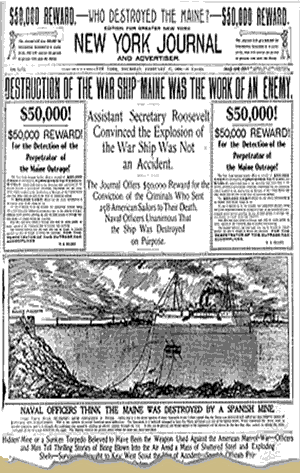
New_York_Journal
New York Journal headline reporting the sinking of the USS Maine.
American President William McKinley sent the United States battleship Maine to Cuba in 1898 to protect American citizens. Angry crowds protested when the battleship arrived in Cuba’s capital city of Havana because many Cubans felt the Maine was a threatening gesture to Cuba. That night, the city was awakened by a blast that sank the Maine, killing over 250 crew members. The cause of the disaster was not discovered. The Americans blamed underwater mines, but Spanish investigators insisted explosion occurred inside the ship. The American people were outraged. The phrase “Remember the Maine” became a battle cry encouraged by Pulitzer and Hearst. The people demanded war, and Congress agreed.
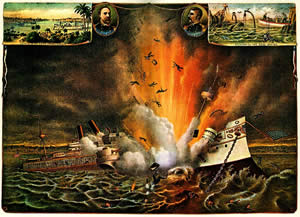
USS_Maine
The sinking of the USS Maine led to the Spanish-American War.
The United States Congress declared Cuba an independent nation and authorized President McKinley to use the military to force the Spanish to leave. The resulting Spanish-American War was brief and one-sided. After the American victory, Spain granted independence to Cuba and gave the United States the colonies of Puerto Rico, the Philippines, and Guam in exchange for $20,000,000.
Resources:
Download this lesson as Microsoft Word file or as an Adobe Acrobat file.
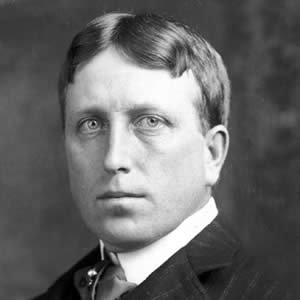
William_Randolph_Hearst
William Randolph Hearst was the publisher of the New York Journal newspaper. In 1897, Hearst said to photographer Frederic Remington, “You furnish the picture, We’ll furnish the war.”

